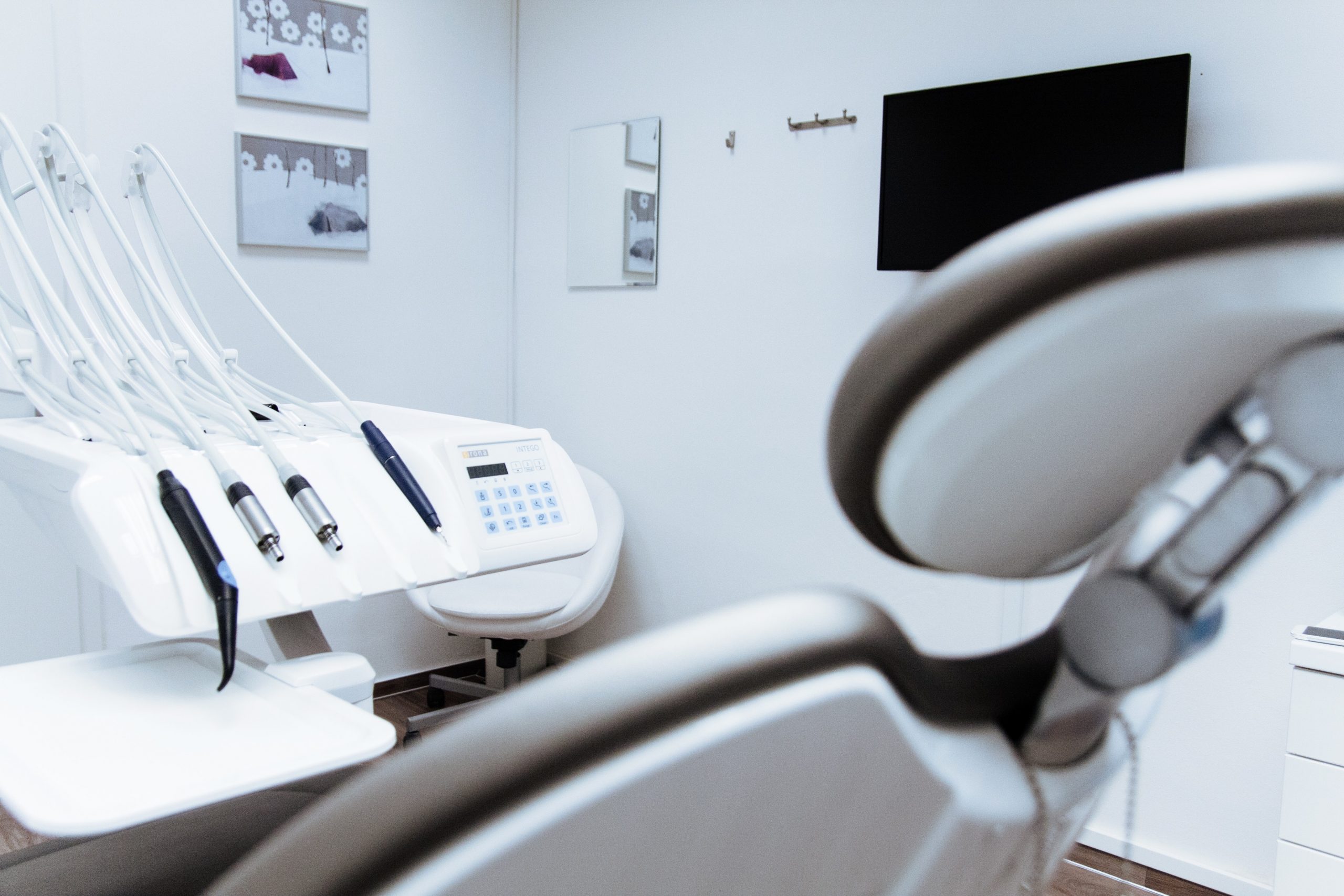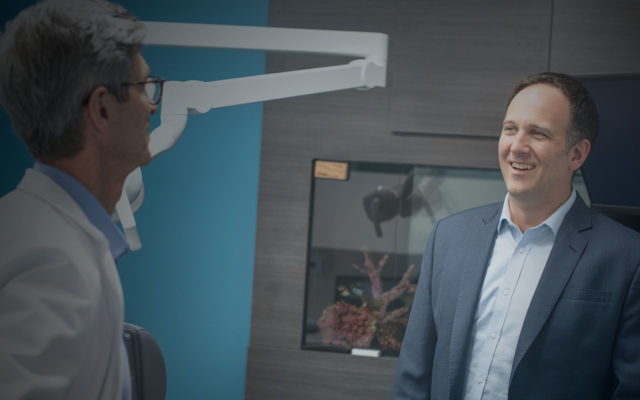Selling a dental practice is no simple task.
As the owner of your dental practice, you’ll need to be prepared both financially and mentally to sell your practice because the devil’s in the details and there are a lot of details involved in selling (and buying) a dental practice.
Ideally, you want everything to culminate with a positive result from all your hard work when it comes time to sell your practice. Like many dentists, your business is your most valuable asset, representing your retirement nest egg or a significant portion of it. This type of liquidity event has massive financial ramifications.
That said, here are three things dentists should know when they get ready to sell their practices that will make their transitions easier.
1. Selling a dental practice is a marathon, not a sprint
It’s a process that takes time and hinges on negotiating the financial details of the overall transaction. For most, fundamental questions like “can I afford to do this?” and “when can I do this?” are top of mind for both buyers and sellers of dental practices. In answering questions like these, you’ll spend time reviewing your retirement plan, investment accounts, and cash assets to get the answers to your financial concerns. The process of selling is about answering questions around your financial future, thinking about decisions as you exit your practice, and considering what lifestyle you want to live once the “race” is finished. You can never start thinking too early about selling your practice or buying one for growth purposes. The ability to capitalize on the marketplace is now while continuing to work as a dentist.
2. Have realistic expectations
Like most business owners, dentists often have an inflated view of how the market will value their practices. It’s common and we understand why. After all, your dental practice is your baby and you’ve poured blood, sweat, and tears into it and ultimately want to get the most financial reward from it that you can. What I’ve found is that most dentists assume that a buyer will give them three to five times earnings before interest, taxes, depreciation, and amortization (EBITDA), which traditionally has been what privately held small businesses could expect in a sale. But it’s not that simple. Buyers of your dental practice will take into consideration things like the age of your patients, your staff, market value, and total collections as a percentage of accounts receivables. If there’s a gap between the paper worth of your practice and what a buyer is willing to pay for it, then you’ll have to scale back your expectations. Having realistic expectations will help you get through this process easier.
3. Selling your dental practice isn’t the end
This is hardly the end for you, as the owner of your dental practice. It’s the beginning of a new chapter, full of all kinds of possibilities. Realistically, you’ll probably be asked to remain working in the business temporarily after a sale has been executed. This arrangement is common because it ensures continuity. The biggest source of concern for prospective buyers is that existing patients will disappear when ownership changes and revenue reductions would diminish the value of a buyer’s newly acquired practice. You should anticipate working in the business for some time, and could even be incentivized to do so as a reward for acting as a bridge with patients.
At JW Practice Advisory, we help dentists sell and buy their practices. Contact us to learn more about navigating the selling and buying process, so that you can secure the right buyer to carry on your legacy.


 This is some text about the listing. Here’s the story behind it that numbers don’t tell. One more sentence of description so that it is a reasonable length.
This is some text about the listing. Here’s the story behind it that numbers don’t tell. One more sentence of description so that it is a reasonable length. This is some text about the listing. Here’s the story behind it that numbers don’t tell. One more sentence of description so that it is a reasonable length.
This is some text about the listing. Here’s the story behind it that numbers don’t tell. One more sentence of description so that it is a reasonable length.